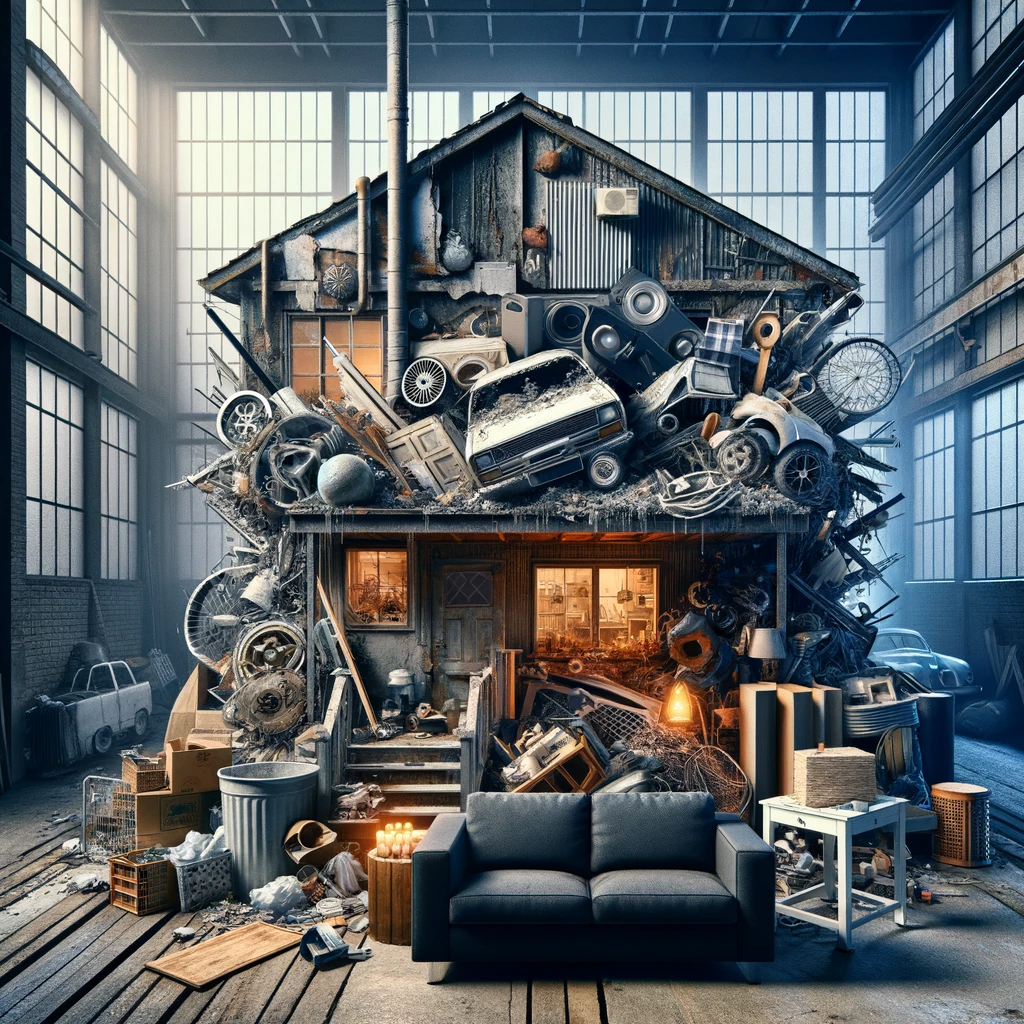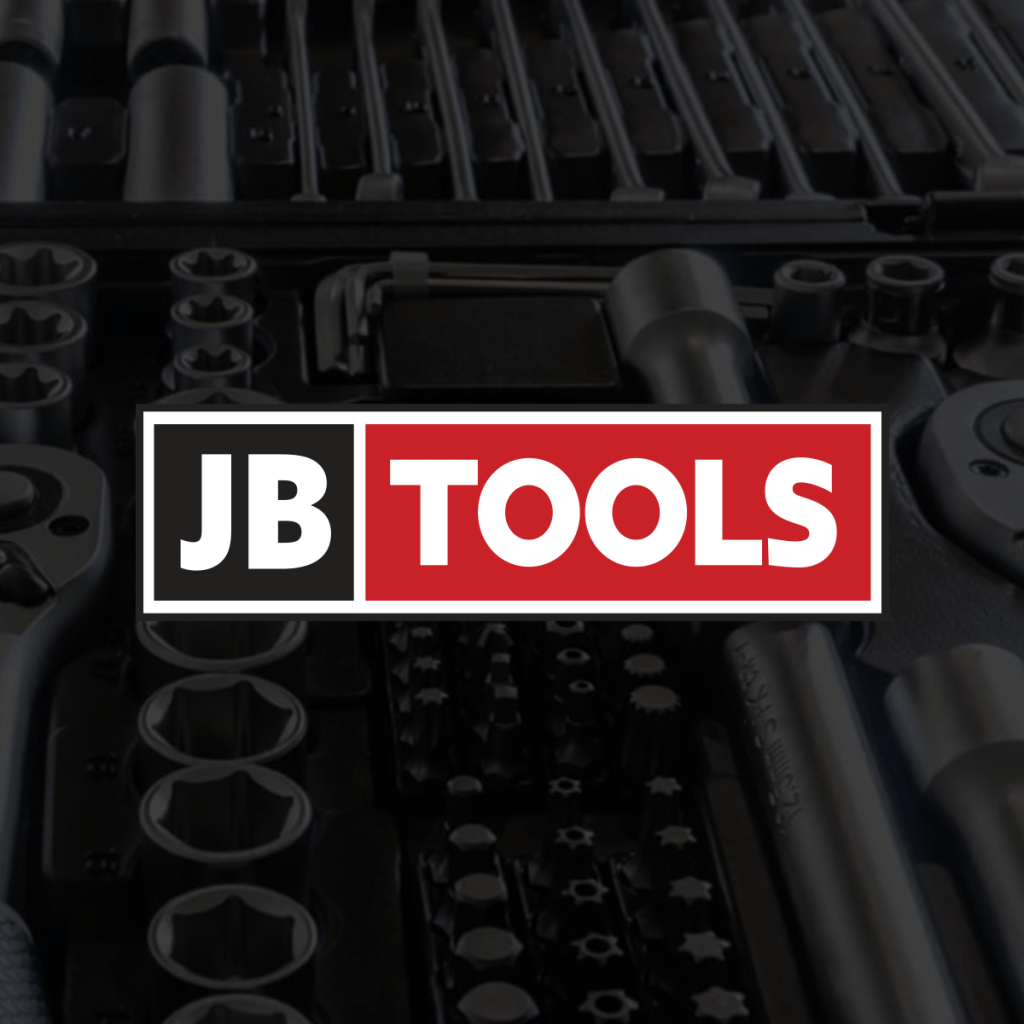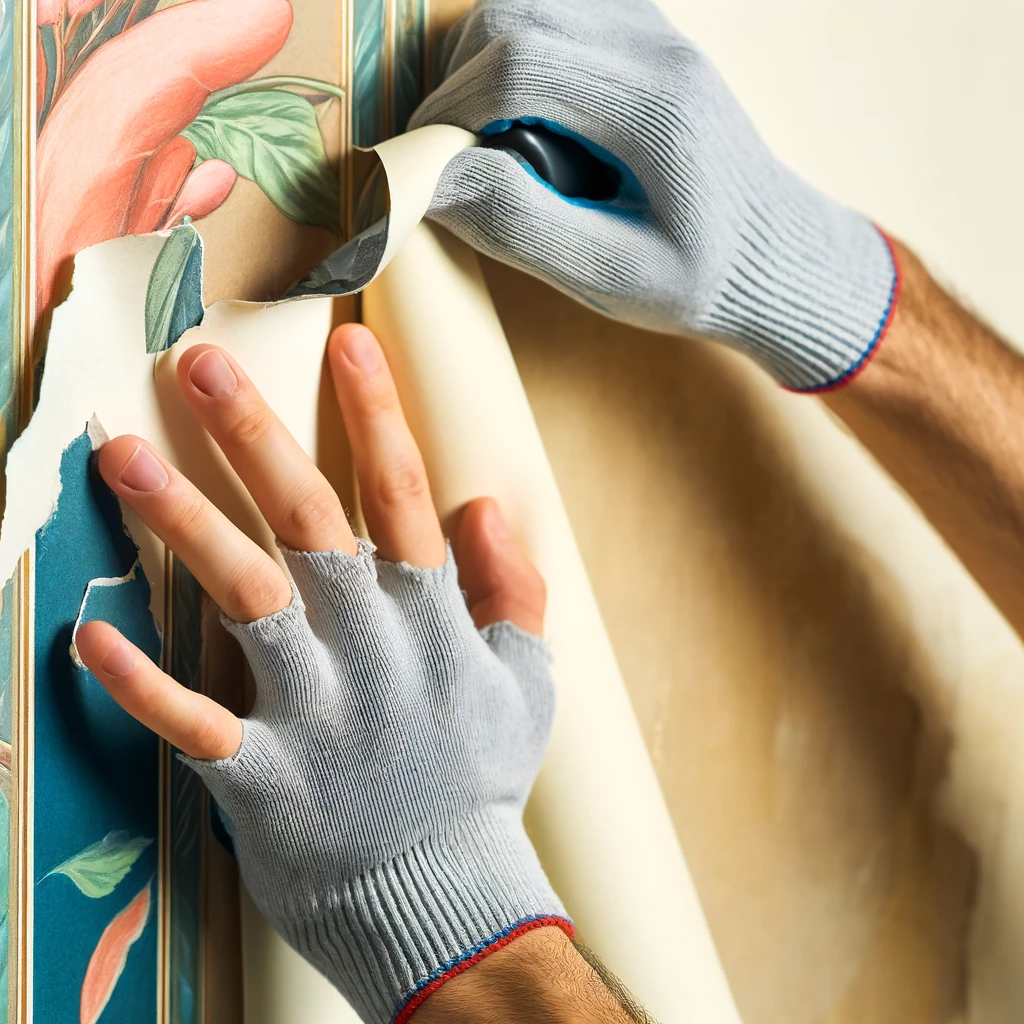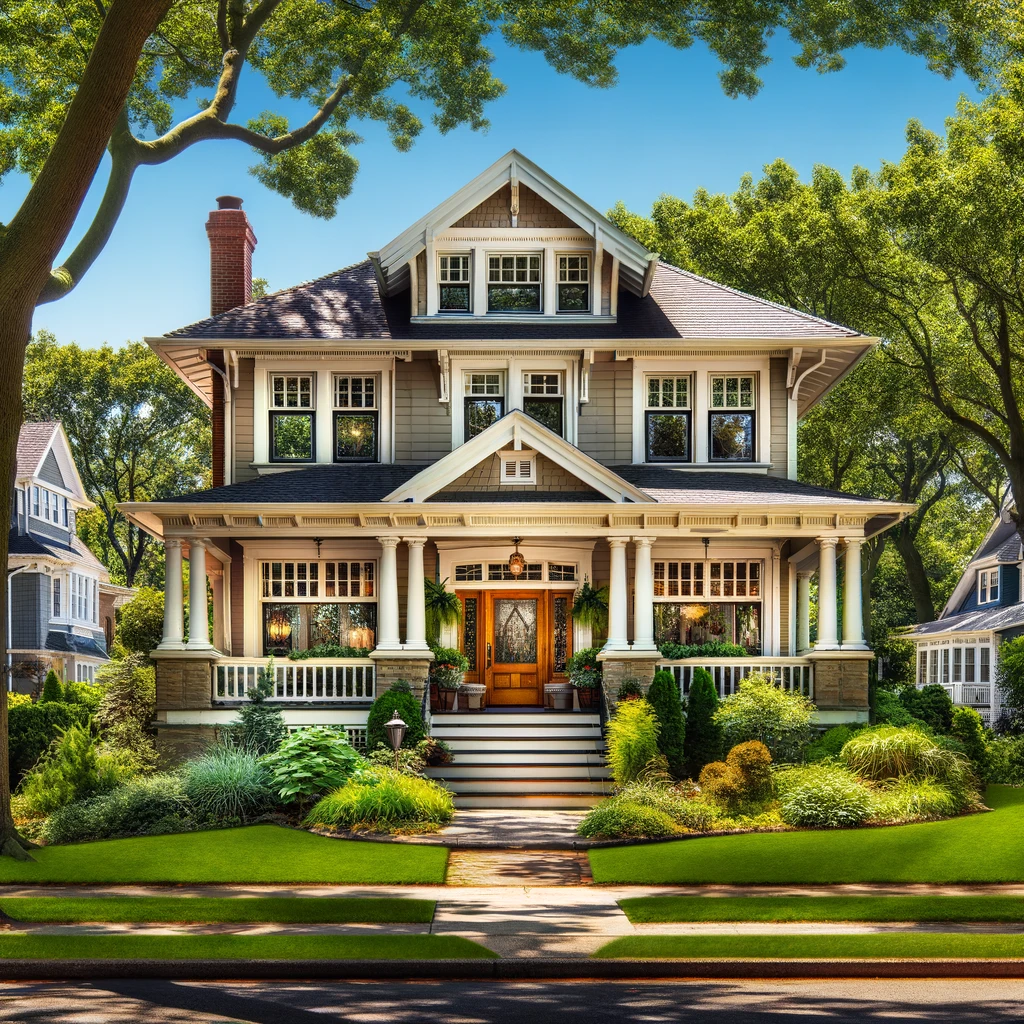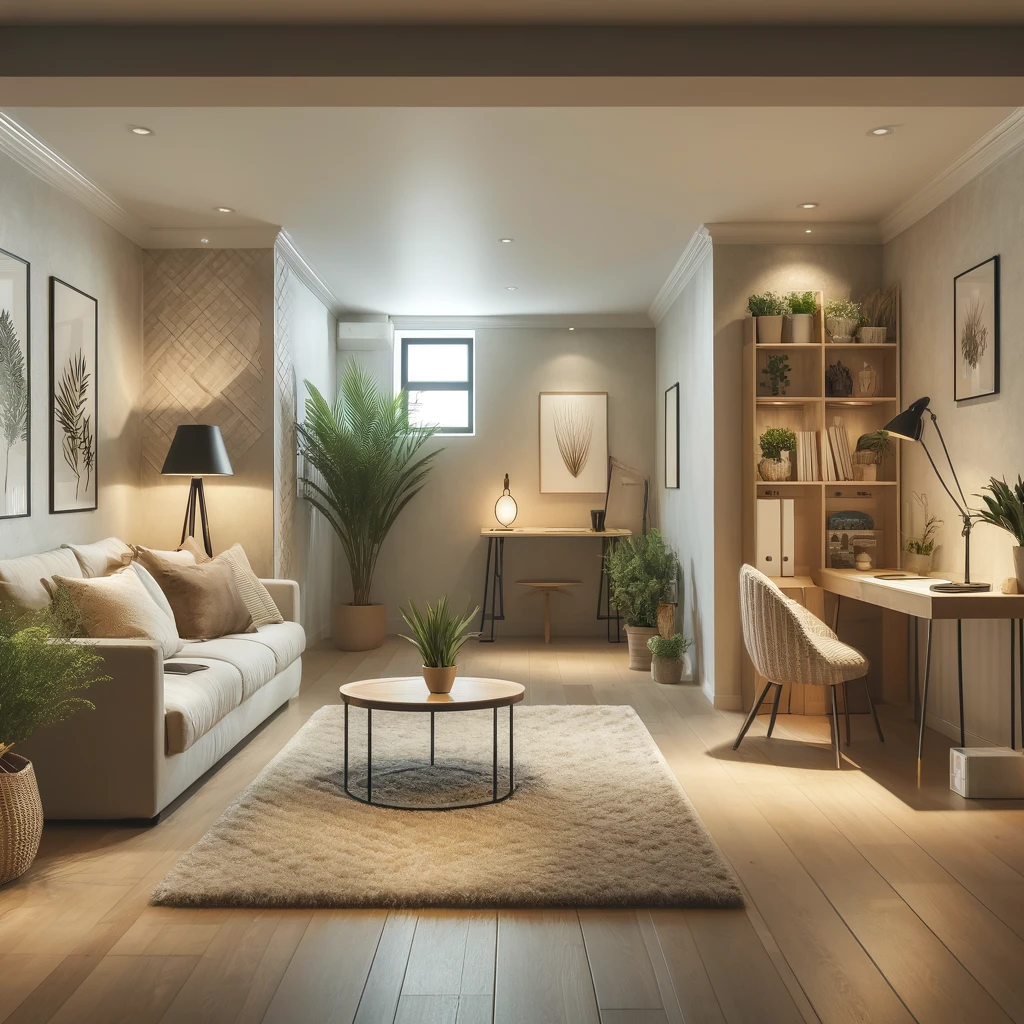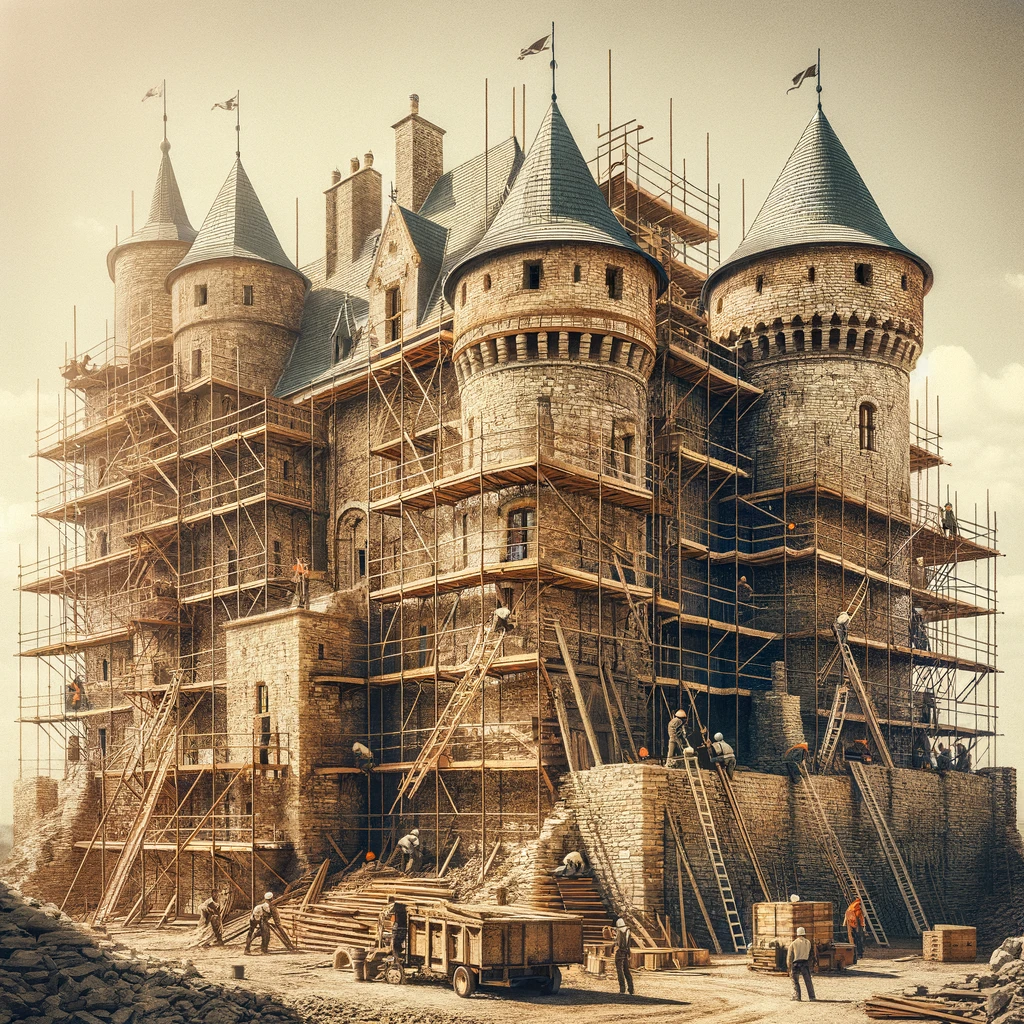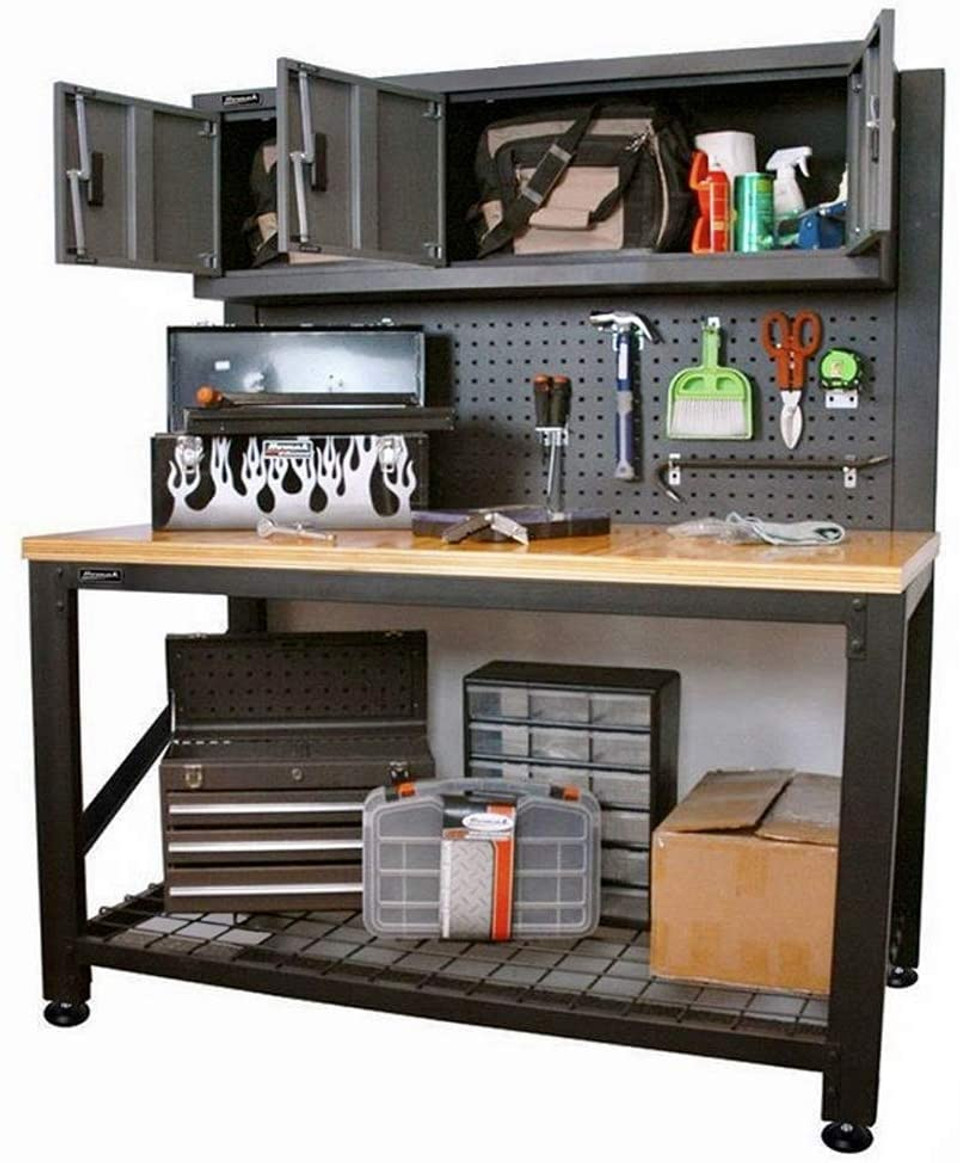When it comes to increasing the market value of your home, not all upgrades are created equal. Some investments, despite their cost or aesthetic appeal, fail to add significant value to your property. Understanding what doesn’t add value to a house can save homeowners from making costly mistakes. This blog explores those missteps, offering tips, tricks, and alternatives to ensure your home improvements are worthwhile.
Unnecessary Luxury Upgrades
Pros: Luxury upgrades can make a home feel more personalized and luxurious.
Cons: They often fail to increase home value, especially if they’re highly personalized or go against the norm in your neighborhood.
Cost: High-end luxury upgrades can be significantly more expensive than standard improvements.
Over-the-Top Landscaping
Pros: A beautifully landscaped yard can enhance curb appeal.
Cons: Extremely intricate landscaping can deter potential buyers who view it as high maintenance.
Cost: Landscaping can become costly, especially with elaborate designs and exotic plants.
High-Maintenance Features
Pros: Features like pools or koi ponds can be attractive to some buyers.
Cons: They can be seen as a burden by others, particularly in regions where they’re not practical.
Cost: Initial installation and ongoing maintenance costs can be steep.
Wall-to-Wall Carpeting
Pros: Carpeting adds warmth and comfort to a home.
Cons: Many homebuyers today prefer hardwood floors for their appearance and ease of maintenance.
Cost: The cost of high-quality carpeting and installation can add up, without much return on investment.
Recommended Tools for DIY Projects:
- Power Drill: Essential for various home improvement tasks.
- Paint Sprayer: For even and efficient paint application.
- Landscape Design Software: To plan your yard layout before making any changes.
Comparisons:
- DIY vs. Professional Renovations: DIY can save money but may not always provide the professional finish that adds value.
- High-Cost vs. High-Impact Upgrades: Not all expensive upgrades significantly increase home value. Focus on changes that offer a good return on investment.
Tips & Tricks:
- Research Your Market: Understand what features are in demand in your area.
- Consult a Professional: Before undertaking major renovations, get advice from a real estate expert or designer.
FAQs:
- Q: Can painting my house increase its value? A: Yes, a fresh coat of paint is a cost-effective way to enhance appeal.
- Q: Are smart home upgrades worth it? A: Many buyers appreciate smart home features for their convenience and potential energy savings, making them a good investment.
Updates and Future Considerations:
Keep an eye on emerging home trends. Eco-friendly and energy-efficient upgrades are gaining popularity and can add value to your home.
On Cost and Price:
Investing in home improvements can be expensive, and not all projects offer a good return on investment. It’s crucial to prioritize upgrades that enhance functionality, aesthetic appeal, and, most importantly, home value. Budgeting wisely and seeking cost-effective solutions can prevent unnecessary expenditure on projects that don’t add significant value.
